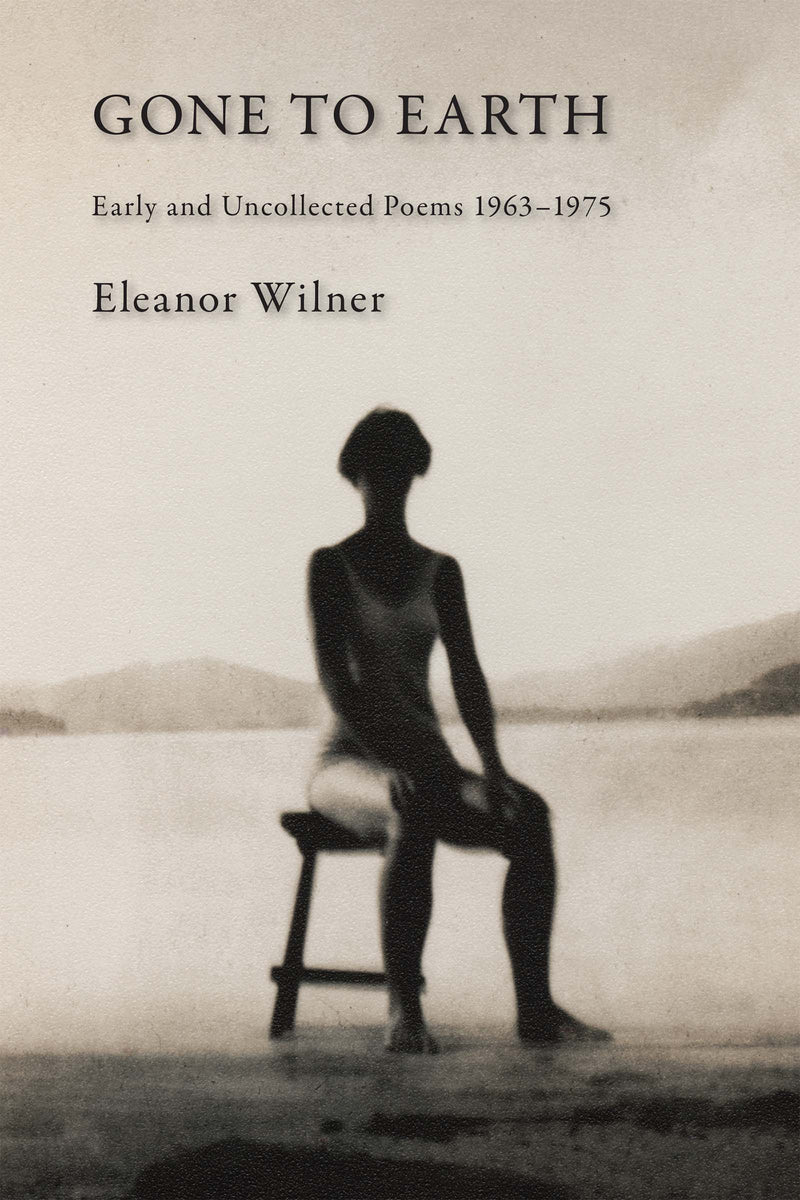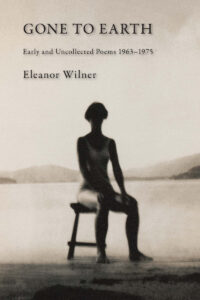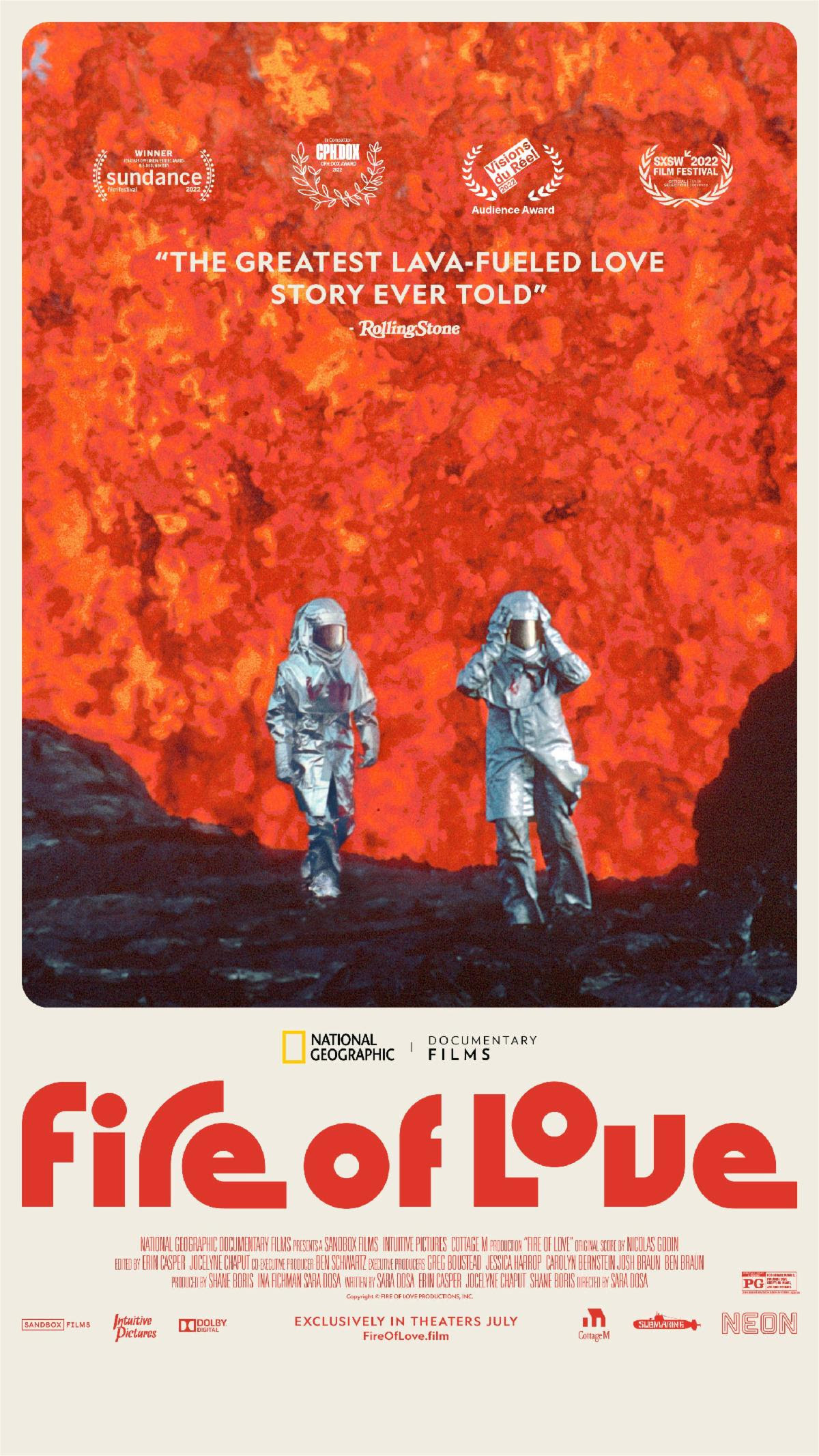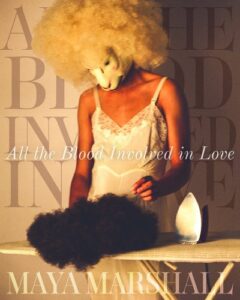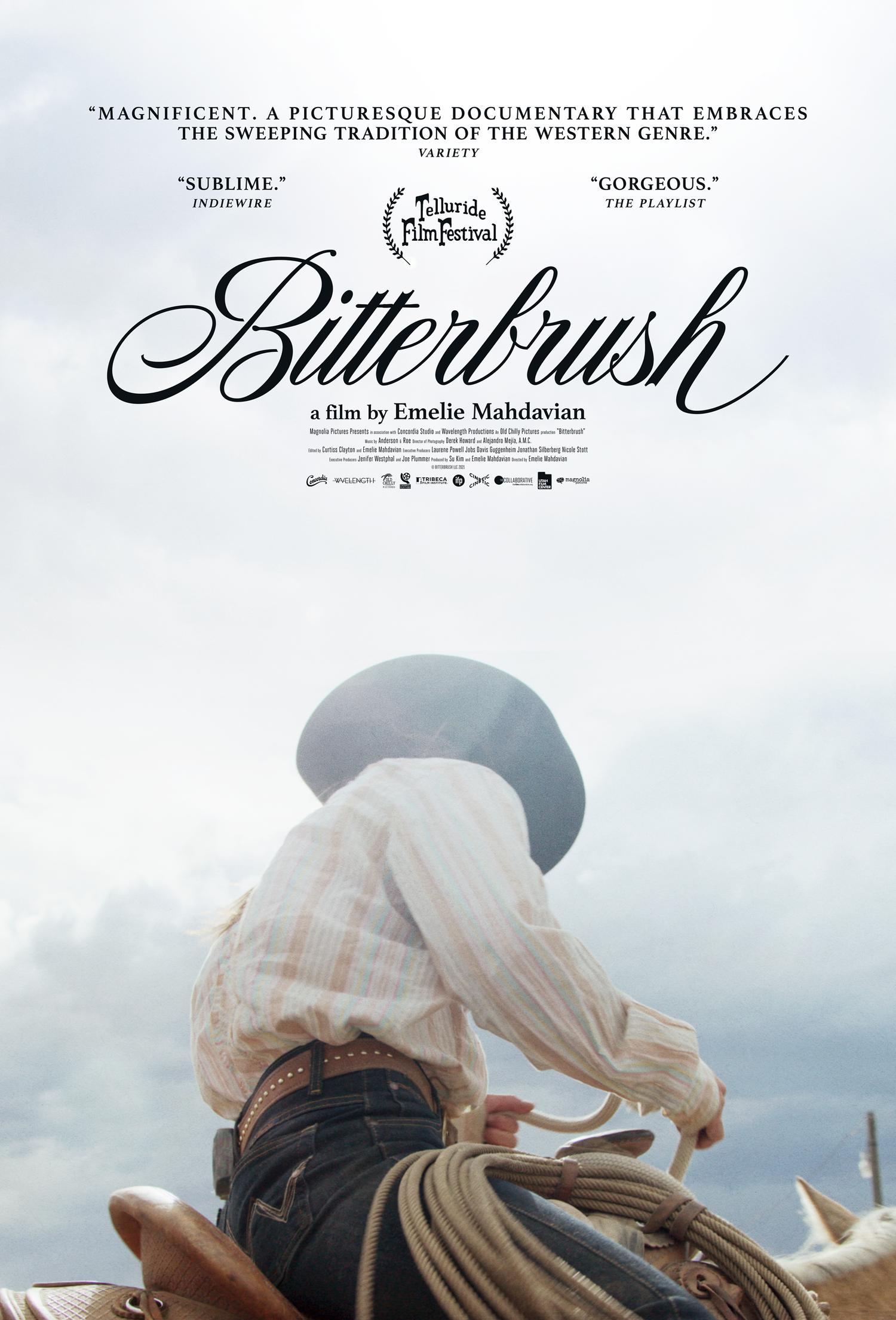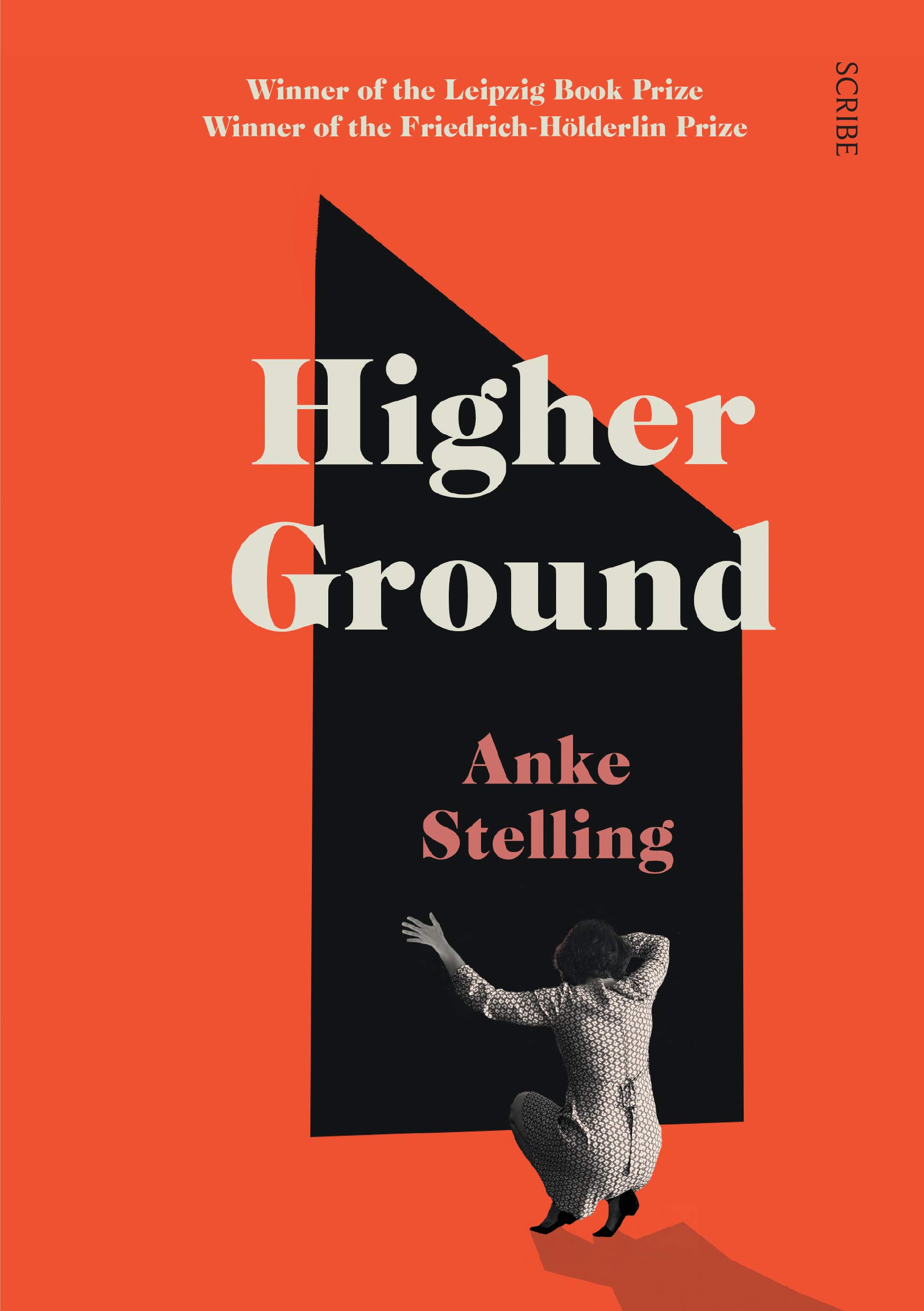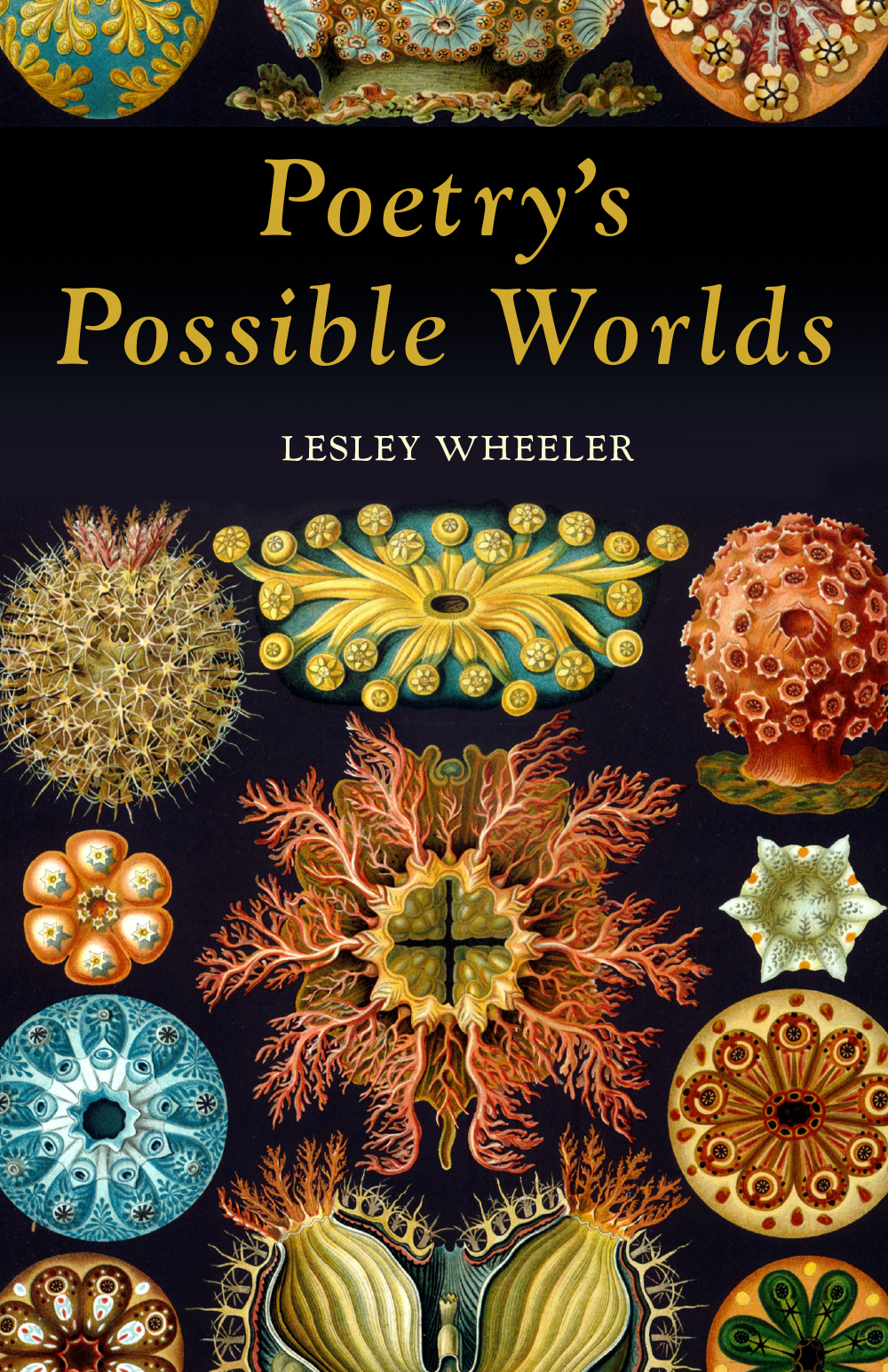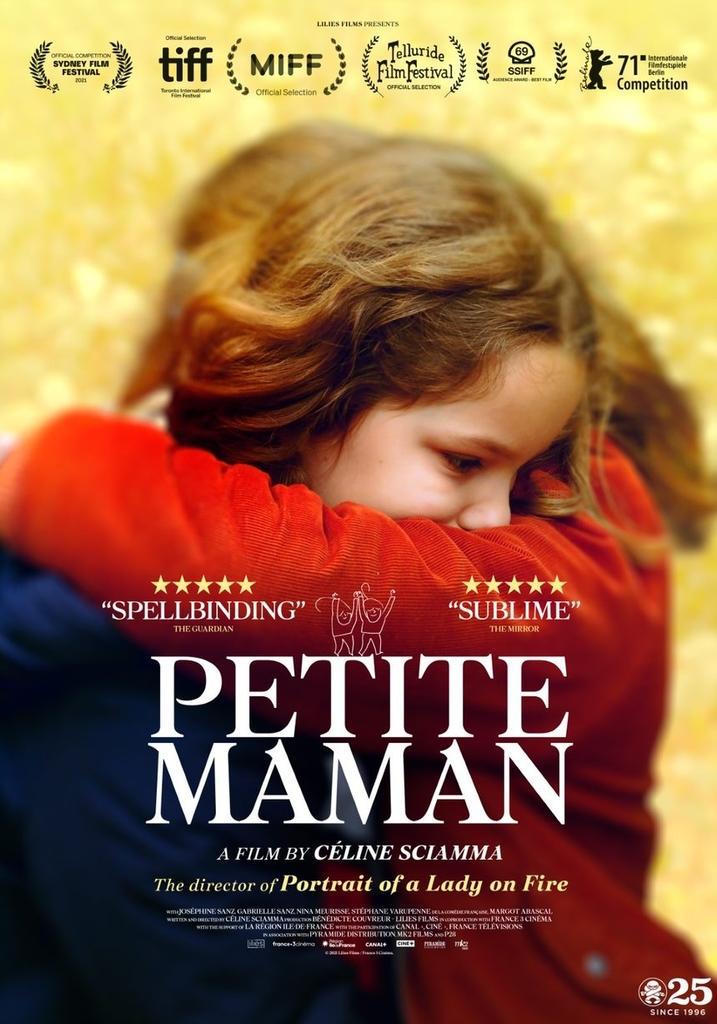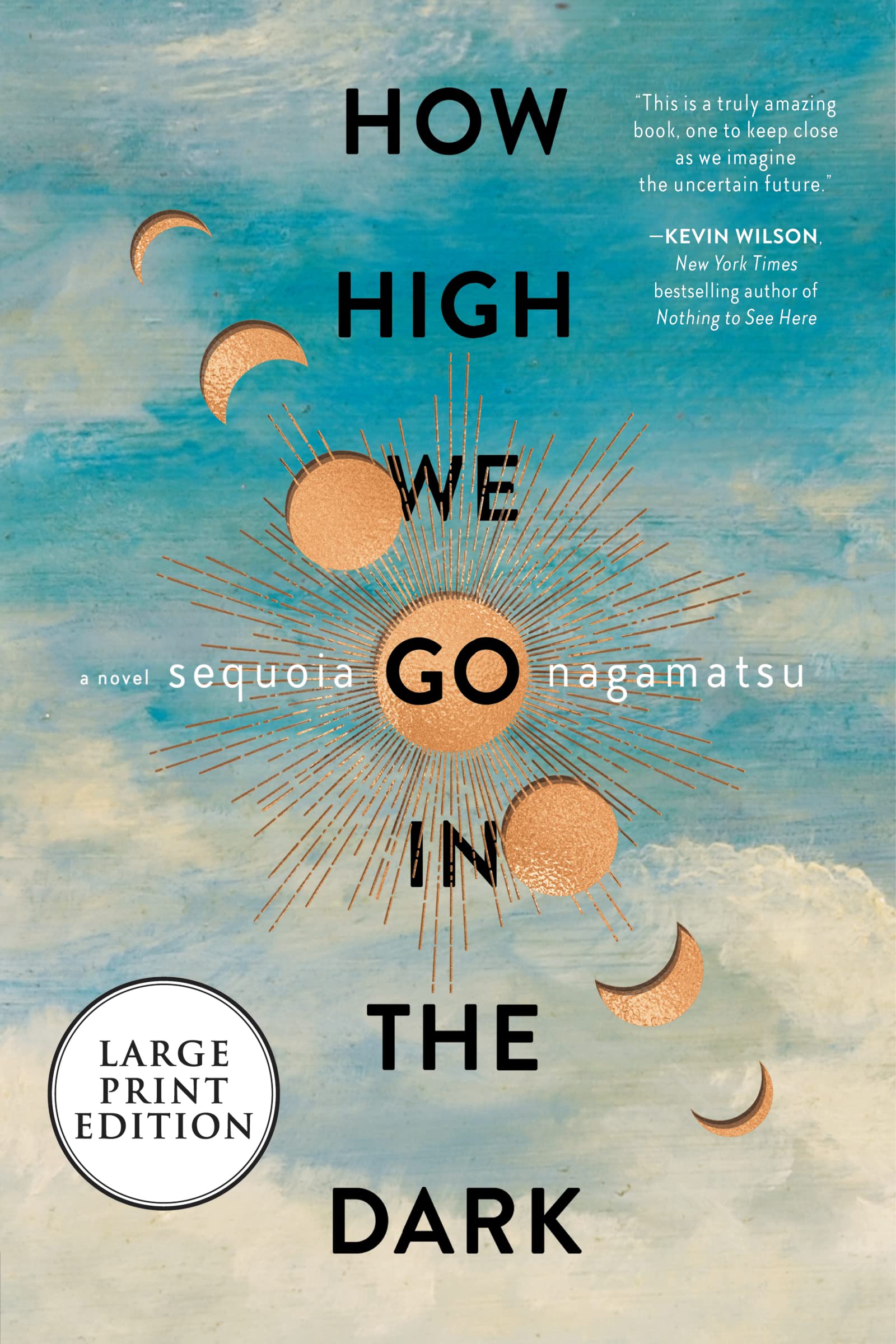Reviewed by TERESE SVOBODA
Eleanor Wilner, a recipient of the 2019 Frost Medal for distinguished lifetime achievement in poetry and MacArthur-winner, had to be coaxed to publish her first collection at age 42. Arthur Vogelsang, her co-editor at the American Poetry Review, “threatened various forms of physical harm if I failed to follow through.” Her reluctance, she says, was “probably a universal fear of rejection but intensified by a woman’s trained reluctance to put her own work forward.” The skid marks in resisting publication, even in Gone to Earth: Early and Uncollected Poems 1963-1975, Wilner’s ninth book of poetry, are further evidence of such modesty. On the acknowledgments page, Wilner includes an excerpt from a poem by her then-young daughter, begging her mother to publish. This is followed by “To the Reader,” a note which assures readers that the poems “belonged to the realm of imagination and not to the world of opinion,” then an italicized eight-line epigraph ending with “she much preferred / what she could not afford: / the luxury of words and light,” and a prelude poem, “Ritual,” set in prehistoric Africa, mourning the muse, “the blackened stone / that once poured fire from its heart.” Only then, a page later, does the book begin, all poems fully fledged.
